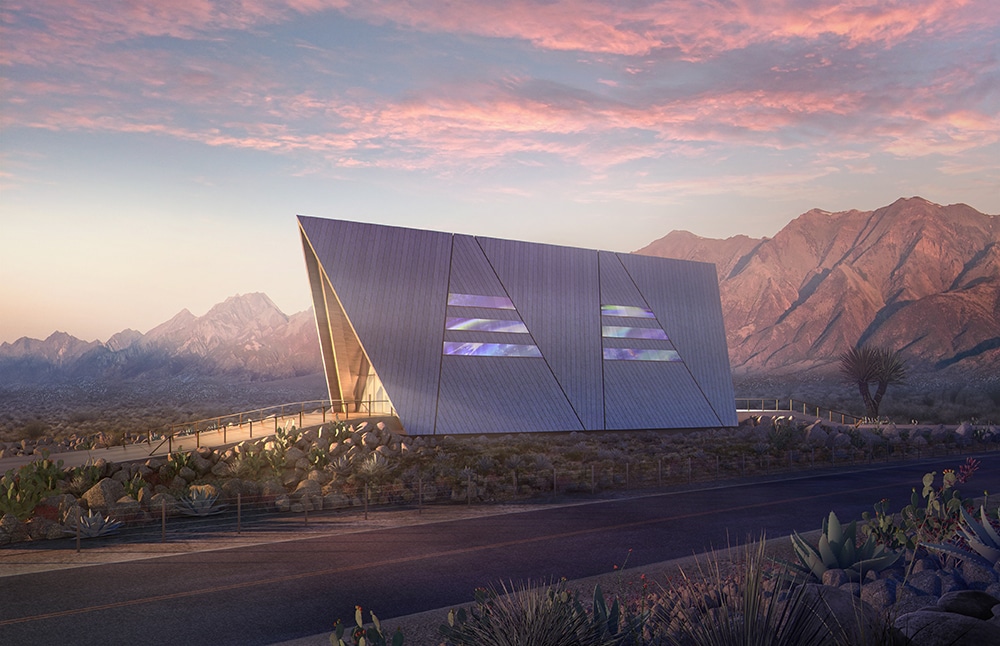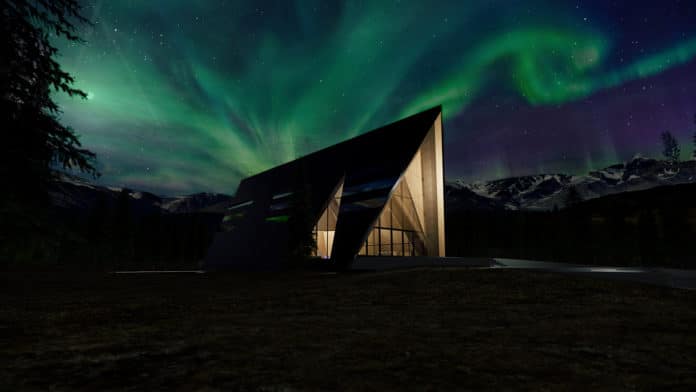A California-based startup Oklo has recently announced the launch of the Aurora, an advanced fission clean energy plant that can turn nuclear waste into energy to power communities with affordable, reliable, clean power.
The advanced fission power plant, also called a fission battery, produces about 1.5 MW of electricity, while having the ability to produce usable heat. At just 1.5 megawatts, which is enough to power about 1000 homes, the plant would be one of the smallest plants ever built.
The plant uses fuel – the waste products of a nuclear reactor – to produce heat, and advanced fuel type, which is well demonstrated with decades of experimental data. Heat pipes carry the heat to a heat exchanger, and a power conversion cycle converts the heat into electricity. This small power plant operates like a long-lasting battery, with the ability to produce power autonomously for up to 20 years without needing to refuel.

Other capabilities includes the small size of the Aurora design, the placement of the Aurora fuel underground, the ability to operate without needing cooling water, the demonstrated natural shutdown behavior of the fuel, the use of a fission spectrum which can recycle fuel and ultimately convert nuclear waste to clean energy, and many more unique and beneficial attributes.
The Aurora powerhouse’s sloped roof is functional in a range of weather conditions, including significant snowfall. It also serves as the support for solar photovoltaic panels, which echo the Oklo logo on the sides of the powerhouse. The roofing pieces enables a modular construction: the front area may be useful to the community, and a separated back area where the power conversion system is housed.
The innovative nuclear plant’s creator, Oklo, joins startups around the world working to innovate safer, smaller nuclear power plants. “Every scenario presented by the Intergovernmental Panel on Climate Change for keeping the planet from warming more than 1.5 degrees Celsius from pre-industrial levels, relies on nuclear providing a growing share of our electricity,” explains the environmental blog Grist.
